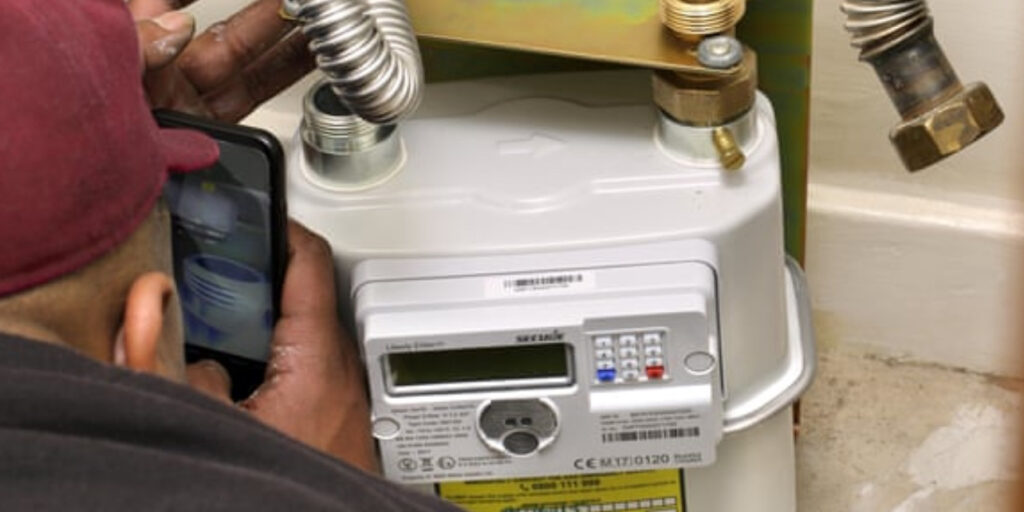Energy theft is on the rise across the UK, with campaigners warning that more households are turning to illegal means to avoid spiralling utility bills amid the ongoing energy crisis.
Fuel poverty groups have raised the alarm over a growing number of “desperate” families tampering with their gas and electricity meters to avoid falling further into arrears.
According to industry estimates, more than £1.5 billion worth of energy is stolen from Britain’s gas and electricity networks each year—costs which are ultimately passed on to consumers, adding nearly £50 annually to every household’s energy bill.
The warning comes as energy debt in Great Britain has soared to a record £3.9 billion, more than twice the level recorded before the energy crisis began in 2021, largely triggered by the surge in global prices following Russia’s invasion of Ukraine.
Matt Copeland, head of policy at National Energy Action, said: “As prices continue to rise and energy debts increase, many households will feel they have no choice but to take extreme action to keep the lights on and their homes warm.”
The regulator Ofgem recently revealed that average arrears for households on repayment plans have risen by 5% over the past year, reaching £1,296.
For those not on repayment schemes, the situation is even more severe, with average outstanding electricity debts rising by 24% to £1,617, and gas arrears up 26% to £1,376.
Organised crime has also been implicated in energy theft, with criminal groups stealing electricity for illegal activities such as cannabis cultivation and cryptocurrency mining. Electricity North West, which serves parts of Greater Manchester, Lancashire, and Cumbria, said it receives around 900 reports a month of suspected meter tampering.
Energy theft tip-offs to Crimestoppers have surged to 1,000 calls a month, a record high. Despite this, campaigners estimate that more than 250,000 cases of energy theft go undetected every year. Official data suggests one in every 150 homes may be illegally tampering with their energy supply.
The government’s energy price cap has also risen for the third consecutive quarter, now averaging £1,849 a year for a typical household—more than double the pre-crisis rate.
With colder months approaching, campaigners are urging the government to act swiftly.
“It is vital that the UK government prioritises energy affordability in its forthcoming warm homes strategy and provides urgent financial support for struggling households this winter,” Copeland added.


